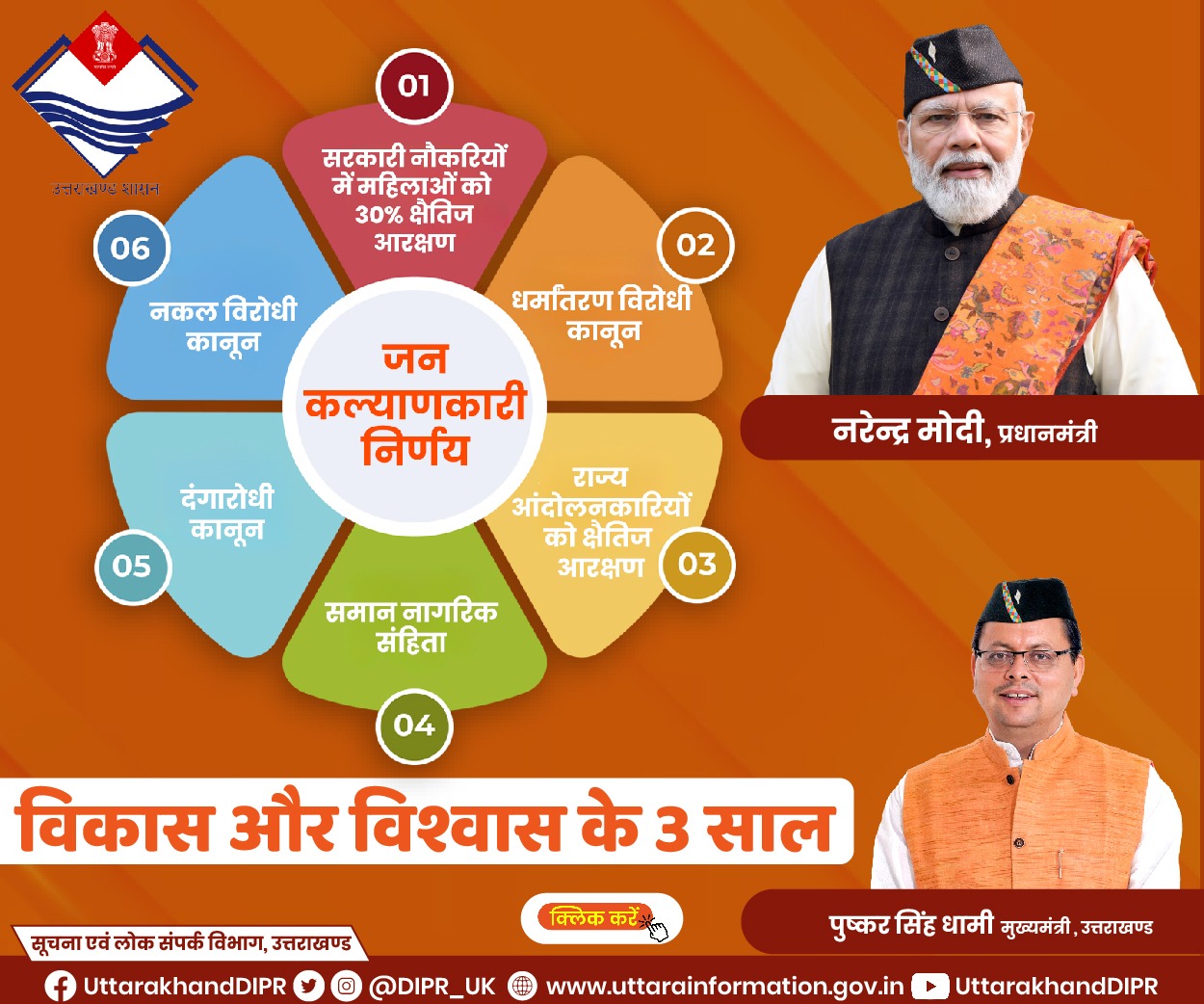The difficult balance between freedom of expression and protection against defamation is frequently brought to light through legal disputes. This friction is highlighted by the case involving Rahul Gandhi and RSS member Rajesh Kunte. The history, the legal defenses, and the case’s wider ramifications for India’s free speech environment are all covered in depth in this article.
The Case’s Background
The claims made by Rajesh Kunte against Rahul Gandhi are where the case first started. Gandhi, according to Kunte, made false and slanderous claims associating the RSS to Gandhi’s assassination. This resulted in a criminal defamation complaint, and subsequent legal proceedings followed.
Appeal of Rahul Gandhi to the High Court
Rahul Gandhi is appealing a lower court’s ruling before the Bombay High Court. He claims that Rajesh Kunte was barred from offering any new evidence in the case in 2021 by a previous panel of the high court. Gandhi’s defense of the recent magistrate’s court decision allowing Kunte to provide additional papers was based on this prohibition.
The Argument Against New Evidence
The key to the issue is how new evidence is admitted at different points along the legal process. According to Rahul Gandhi’s legal team, it is not only unlawful but also detrimental to the case to enable Kunte to present new evidence at this point. The argument casts doubt on the validity of accepted legal practices and may have an effect on how the case turns out.
The Defamation Allegations
The narrow line between protected speech and damaging claims is typically at the heart of defamation disputes. The claims made by Kunte that Gandhi’s comments were defamatory highlight the value of accuracy in public debate. The case compels examination of the parameters of free speech and the obligations that go along with it, particularly for public figures.
The Effects on Free Expression
The situation has wider repercussions for the right to free speech in a democratic society. Free speech is a vital right, but it must be weighed against the need to avoid harm and safeguard people’s reputations. In the era of fast communication and massive information dissemination, the legal dispute makes people think about how society and the judicial system strike this balance.
The magistrate’s court’s function
The magistrate’s court’s decision to allow the admission of new evidence sparks a debate over the authority and capabilities of lower courts. The action has sparked discussions about when such choices should be made—during the preliminary stages of proceedings, or later on in the trial.
The Hearing in High Court
A single court led by Justice S. V. Kotwal recently heard the plea of Rahul Gandhi. The result of this hearing could serve as a model for cases with similar legal complexities in the future. The points made during the hearing focused light on the difficulties that both plaintiffs and defendants face due to the complexity of defamation law.
Perspectives of Legal Specialists
On a variety of topics, including the admissibility of new evidence, the nature of defamation lawsuits, and the delicate balancing act between free speech and individual reputation, legal experts have provided their opinions on the case. These observations add to the larger conversation on legal ethics and values.
The Importance of Examples
Legal judgments and rulings are greatly influenced by prior cases. The court’s ultimate decision may be influenced by the case’s historical setting and any pertinent earlier decisions. The importance of understanding legal precedents emphasizes how in-depth of a legal examination is necessary in situations like these.
The Difficulty of Libel Cases
Cases involving defamation are frequently distinguished by their complexity and multi-layered structure. Such situations necessitate a thorough analysis of the relevant evidence, arguments, circumstances, and legal rules. Due to the complexity of defamation law, both the legal system and the general public must take a thorough and considerate approach.
What the Public Thought
High-profile court disputes are frequently accompanied by public interest and scrutiny. The response to this case, both in the legal community and among the general public, emphasizes the value of open and impartial courtroom procedures. It also emphasizes how important the media is in influencing how the general public views court conflicts.



